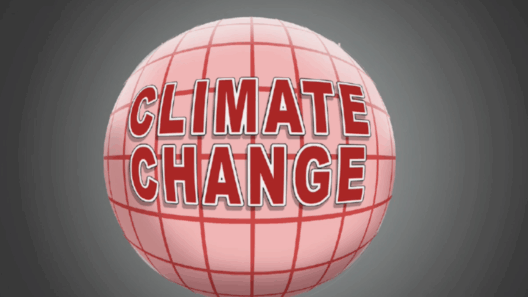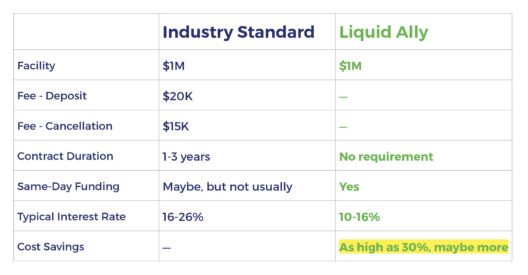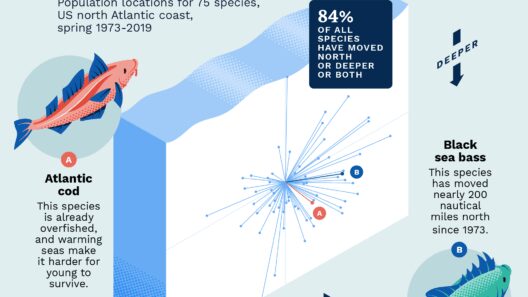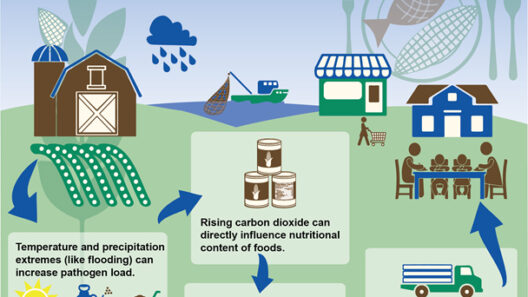In recent years, the conversation surrounding climate change and global warming has dominated political discourse, eliciting varied viewpoints from policymakers. Among these figures is Mike Pence, former Vice President of the United States, whose environmental record prompts significant inquiry. Understanding Pence’s stance and policies regarding climate change provides insight into the broader implications of political ideologies on environmental issues.
Mike Pence’s early career found its roots in Indiana politics, where he served as a U.S. Representative before ascending to the vice presidency. Throughout his political journey, Pence has demonstrated an inclination towards advocating for traditional energy sectors, including coal and oil. This predisposition raises questions about his beliefs concerning global warming and its anthropogenic origins.
The connection between Pence’s political maneuvers and his environmental stances warrants careful examination. During his tenure as governor of Indiana, Pence maintained a firm support for fossil fuel industries, reflecting a constituency that relies heavily on these sectors for economic stability. In this regard, his policies often prioritized immediate economic push over environmental sustainability, a recurring theme in his legislative approach.
One of the notable aspects of Pence’s record is his steadfast opposition to the Environmental Protection Agency’s (EPA) regulations aimed at curbing greenhouse gas emissions. In 2015, when the Obama administration introduced the Clean Power Plan, which sought to reduce coal-fired power plant emissions, Pence openly criticized the initiative. He described the regulation as an overreach of federal authority that would burden Indiana’s economy and its job market, rather than addressing the urgent need for climate action.
In parallel, conservationists often point to Pence’s alleged denial of climate science as a crucial element of his environmental narrative. While Pence has not explicitly claimed that climate change is a hoax, he has consistently minimized the urgency associated with its impacts. For instance, he has expressed skepticism regarding the extent of human influence on climate change, aligning with a broader narrative prevalent in segments of the Republican Party, which often prioritizes short-term economic gains over long-term environmental considerations.
Furthermore, Pence’s political alliances bolster his environmental perspective. His alignment with conservative think tanks that advocate for deregulation further solidifies the notion that he favors an economic model reliant on fossil fuels rather than transitioning towards renewable energy sources. The implications are clear: Pence’s policies reflect a reluctance to engage with the scientific consensus surrounding climate change, which stresses the necessity of reducing carbon emissions to mitigate global warming.
Environmental activists have raised alarms about the consequences of such political stances. The reluctance to acknowledge the severity of climate change can undermine collective efforts for sustainability. The tendency to deride established climate science not only hampers public perception but also stifles transformative legislative opportunities. This is particularly troubling during a time when, as affirmed by a multitude of studies, immediate action is essential to avert catastrophic climate degradation.
Through various public appearances and statements, Pence has often reiterated his commitment to what he frames as “energy independence.” However, this rhetorical commitment paradoxically counters the growing urgency for a shift towards renewable resources. By focusing predominantly on fossil fuel advocacy, the underlying message promulgates an ambiguous stance on climate action. Pence’s environmental rhetoric is thus paradoxical; while espousing energy independence, he simultaneously cultivates an environment less conducive to embracing sustainable practices.
Moreover, the multifaceted connections between climate policy and social equity cannot be understated. Those disproportionately affected by climate-related disasters often belong to marginalized communities. A lack of engagement from politicians like Pence in serious climate discussions endangers vulnerable populations, further underscoring the moral imperative to address these issues comprehensively. While Pence defends traditional energy sectors, he overlooks the alarming inequality exacerbated by climate change.
As the discourse surrounding climate change evolves, so too do the challenges facing individuals like Mike Pence. With growing public awareness and concern regarding environmental issues, the implications of being seen as a climate skeptic carry increased weight. Voter sentiments, particularly among younger demographics, are shifting towards valuing sustainability and climate action, suggesting a potential political recalibration of priorities in forthcoming elections.
The intersection of economic policy and environmental stewardship remains a salient point of contention. Pence’s approach, largely favoring fossil fuel reliance, exemplifies a broader ideology that prioritizes economic growth without sufficient regard for ecological impact. The need for dialogue that bridges these apparent disparities is pressing. It underscores the importance of integrating climate considerations into economic strategies to foster a sustainable future.
In conclusion, Mike Pence’s environmental record showcases a complex interplay between his political beliefs and the imperative for proactive climate action. His reluctance to embrace the scientific consensus surrounding global warming resonates with a broader ideological framework that prioritizes traditional energy sources. Ultimately, as society grapples with impending climate crises, understanding the implications of such political positions becomes critical in shaping future policies that align economic prosperity with environmental resilience.







